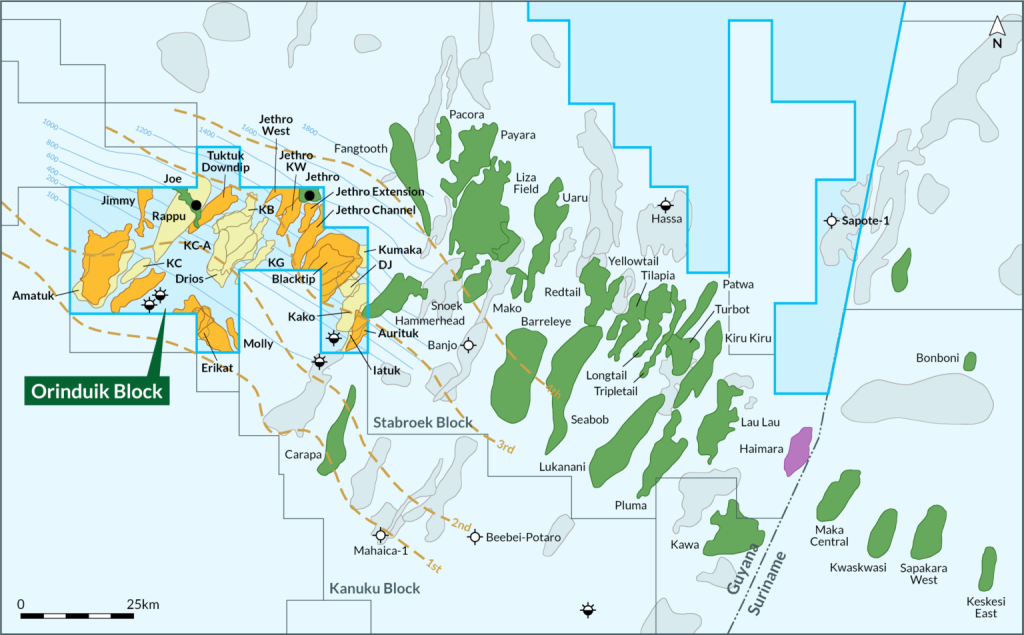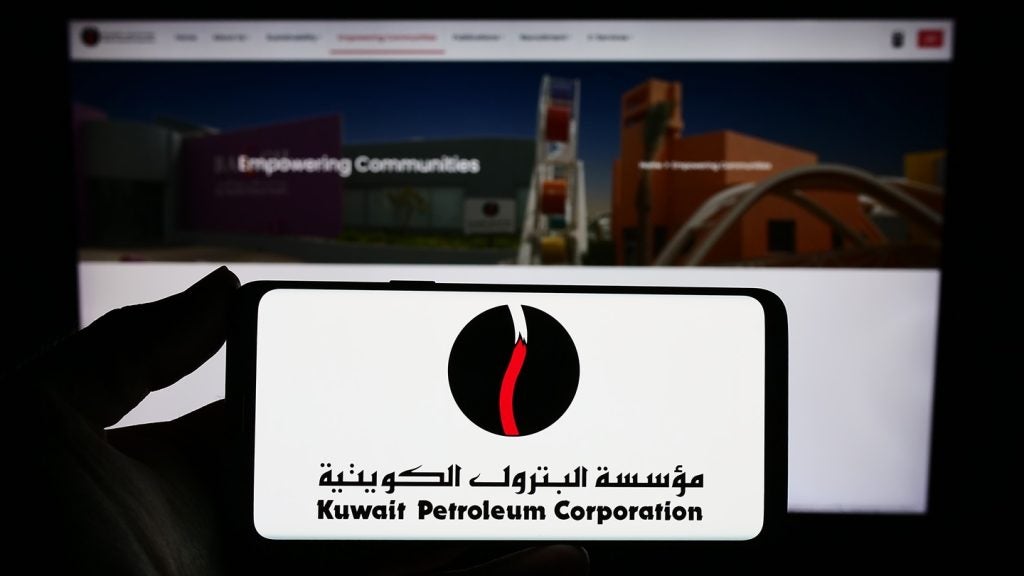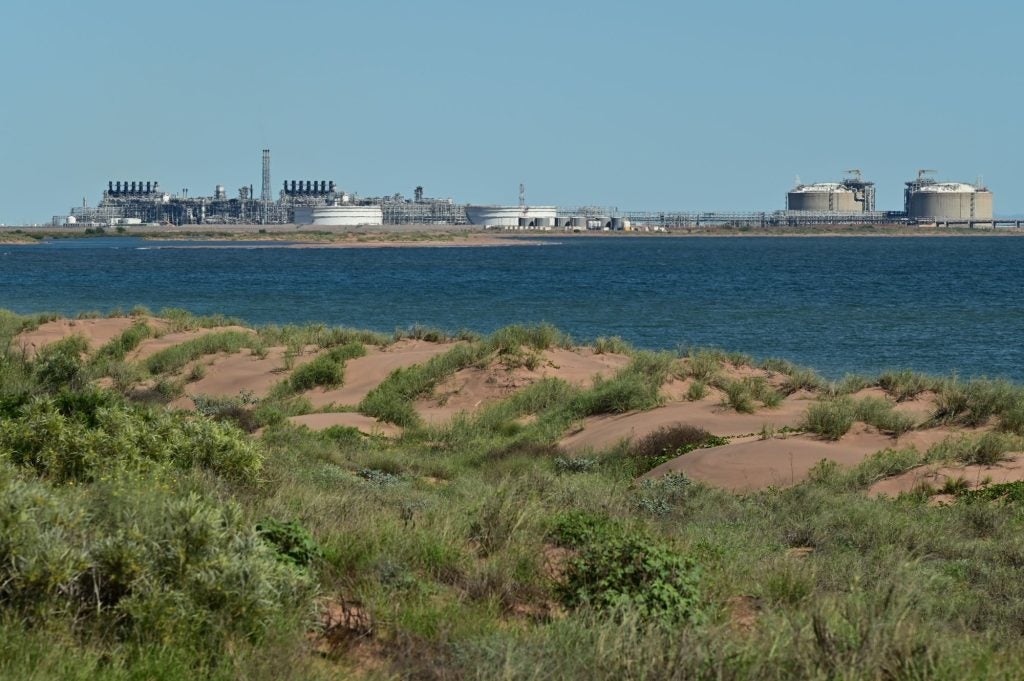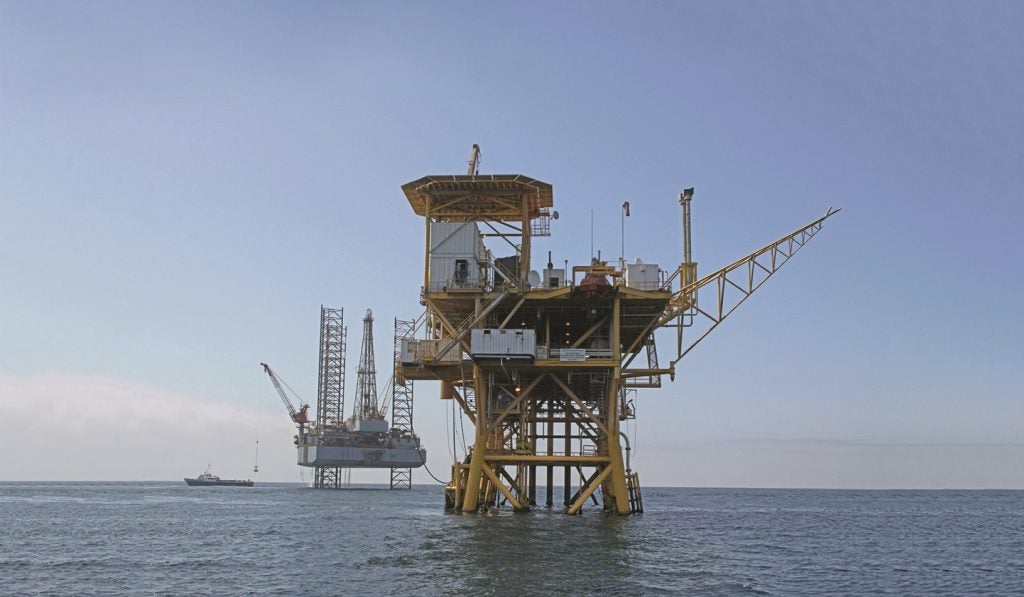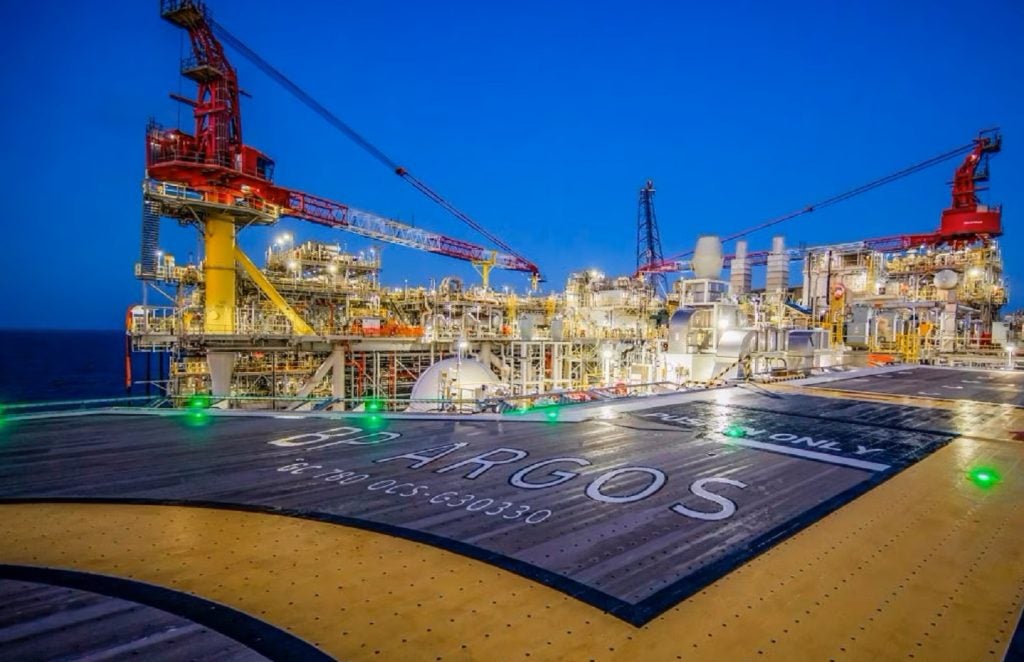Angolan oil and gas company Azule Energy has selected software company Palantir Technologies to digitise and optimise operations.
Under the partnership, Palantir will deploy its Palantir Foundry solution across Azule Energy's upstream production operations to aid petroleum engineers, process engineers, flow assurance engineers, and others.
Azule Energy's current daily oil output of 200,000 barrels (bopd) will be managed by Palantir’s solution, which will also support the company's expansion to 250,000bopd.
Furthermore, the solution will help Azule Energy expand its upstream ontology by connecting data, including sensor data, from wells, pipelines, compressors, and other equipment, Palantir said.
Palantir global head of energy Matt Babin said: "We are excited to work with Azule Energy and expand our presence in an industry we've worked and operated in for more than a decade.
"Palantir Foundry will serve as the digital foundation for Azule Energy's upstream production business, helping them manage and grow their production safely and optimally."
Azule Energy is a 50/50 independent joint venture partnership between oil and gas giants bp and Eni.
Recently Azule Energy awarded two contracts for the Ndungu project off the coast of Angola.
The first contract was awarded to France’s TechnipFMC for the supply of flexible pipes and the second contract, which is for subsea umbilicals, was awarded to Norwegian company Aker Solutions.
The Ndungu field is part of Azule Energy’s Agogo Integrated West Hub project in Block 15/06 offshore Angola.




